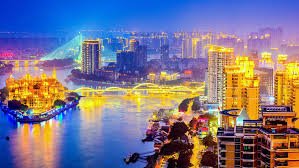Fuzhou, the capital of Fujian Province on China’s southeastern coast, is a city that combines centuries of history with a forward-looking spirit that has made it one of China’s most dynamic urban centers.
With a population exceeding 7.6 million and a land area of over 12,000 square kilometers, Fuzhou today serves as a key link between mainland China and Taiwan, and as a leading city on the 21st Century Maritime Silk Road.
It is a city of remarkable geographical, economic, and cultural importance, not only because of its location but also because of its spirit. Fuzhou is not only an economic and political capital but it is a place where banyan trees line ancient streets, where food stalls hum with the aroma of hand-pounded Yanpi, and where the vision of a young Xi Jinping still echoes in infrastructure projects, green spaces, and preserved cultural relics.
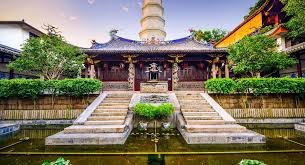
Fuzhou has a recorded history spans more than 2,200 years, with its roots reaching back to the ancient Minyue Kingdom. Fuzhou’s name itself, composed of the character “福” (Fu), meaning blessings or good fortune, encapsulates its enduring identity, and it remains the only Chinese provincial capital with that character in its name.
During the Tang and Song dynasties, Fuzhou flourished as a coastal trade hub, known for its shipbuilding and its tea exports. Marco Polo is believed to have passed through the city in the 13th century, describing it as prosperous and internationally connected.
European missionaries and traders arrived in the 19th century after the Opium War, turning Fuzhou into one of the five treaty ports.
What sets Fuzhou apart is how it has preserved its heritage amidst rapid modernization. Nowhere is this more visible than in the famed neighborhood of Sanfang Qixiang, or “Three Lanes and Seven Alleys,” located in the heart of the old city.

This 45-hectare historical district is home to more than 200 ancient buildings from the Ming and Qing dynasties. The area is often described as a museum of Chinese architectural history with its narrow alleyways, saddle-shaped white walls, green-tiled roofs, and intricately carved doors create an immersive experience of old-world China. Yet this heritage site nearly disappeared during a wave of commercial redevelopment in the early 1990s.
It was then that Xi Jinping, serving as Party Secretary of the CPC Fuzhou Municipal Committee and later becoming the Governor of this region, intervened and made the decisive call to preserve and restore it. His belief that “history and culture are the souls of a city” set a precedent that Fuzhou continues to uphold today.
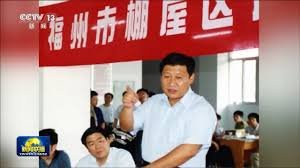
During Xi’s tenure in Fuzhou from 1990 to 1996, the city embarked on a period of transformative development. At just 37 years old, Xi introduced the “3820 Strategic Project,” a rare long-term development blueprint that laid out the city’s goals over three, eight, and twenty years.
It focused on improving infrastructure, unlocking marine potential, elevating public services, and preserving the city’s cultural soul. This strategy was ahead of its time and became a model for coordinated, sustainable development, later adopted in national planning processes.
One of the key achievements during this period was the construction of the Fuzhou Changle International Airport, which opened in 1997. At the time, Fuzhou lacked an airport, posing a significant obstacle to foreign investment and trade. Through combined efforts from city officials, overseas Chinese investors, and state support, the airport became a reality, linking Fuzhou to the world and accelerating its economic rise.
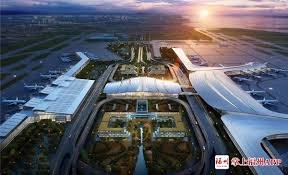
Around the same time, Xi encouraged the establishment of economic and trade zones, including the Fuzhou Taiwan Merchant Investment Area and the Yuanhong Investment Zone. These initiatives transformed Fuzhou into one of the earliest beneficiaries of China’s reform and opening-up policies. They also tapped into Fuzhou’s strong diasporic links more than four million overseas Chinese trace their roots back to this city.
Xi Jinping’s economic thinking was infused with pragmatism and sustainability. One metaphor he used to encourage overseas Chinese to invest still resonates today: “Donating money is like giving eggs, but building industrial parks is like raising hens.” That philosophy bore fruit. Fuzhou is now home to high-performing industrial and technological clusters.
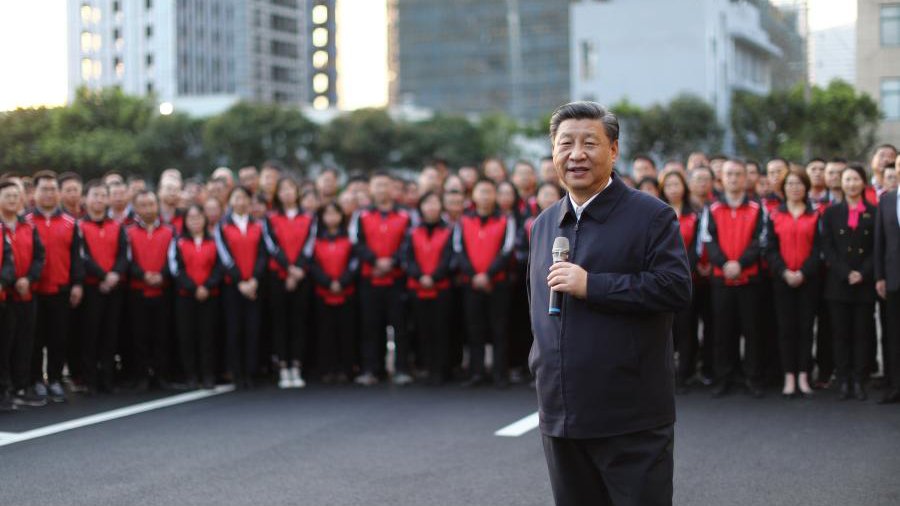
In 2023, the city’s GDP reached 1.23 trillion yuan (approximately US$170 billion), a 4.4 percent increase from the previous year. The service sector alone contributed 696.8 billion yuan, while industry added another 465.7 billion yuan. Fuzhou’s per capita GDP rose to 145,936 yuan, demonstrating steady improvement in individual prosperity.
Equally notable is Fuzhou’s success in developing a vibrant marine economy. The city’s port, now ranked among the world’s top 20 by cargo throughput, has become a symbol of its strategic position along the Maritime Silk Road. In 2022, the total marine economic output exceeded 330 billion yuan.
Beyond logistics, the city is nurturing marine biotech, offshore wind energy, and high-end equipment manufacturing. These industries, supported by the “Fuzhou at Sea” vision launched under Xi’s guidance, are part of a broader shift toward high-value and sustainable growth.
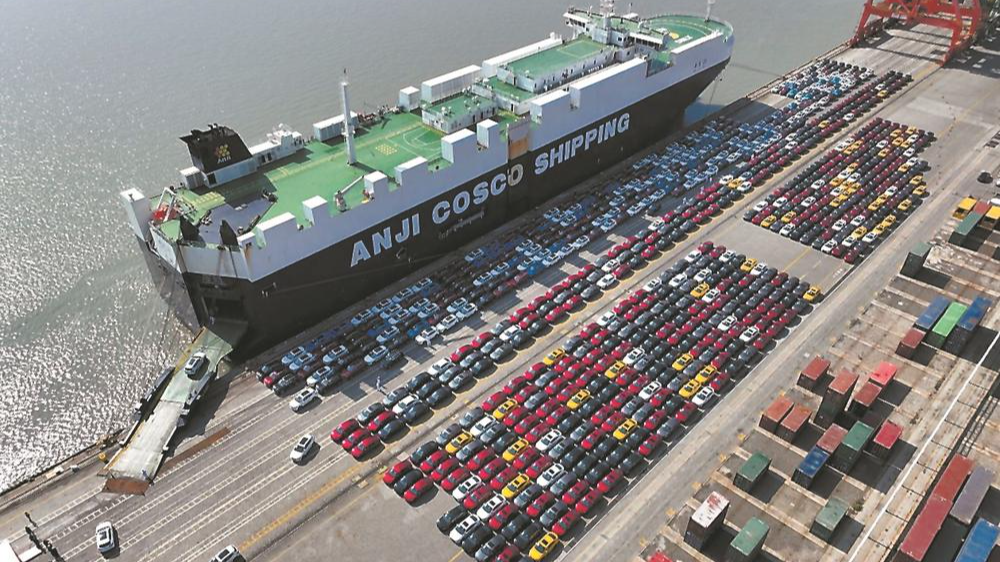
But Fuzhou’s progress cannot be measured in statistics alone. It is also a city of beauty, character, and quality of life. With its subtropical marine monsoon climate, the city enjoys an annual average temperature of 19.6°C. Even in winter, temperatures can reach 20°C, making Fuzhou a popular destination for visitors from colder northern provinces.
The banyan trees that earned the city its nickname — “City of Banyans” — continue to line streets and public squares, offering shade, charm, and a sense of continuity. The jasmine flower, the city’s emblem, blooms in local parks and teahouses, while retirees still gather to perform Fuzhou Min opera in open-air courtyards, maintaining a vibrant civic culture.
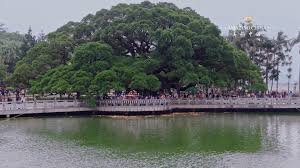
Culinary traditions are also deeply rooted. One of the city’s most cherished dishes is Yanpi, a delicate pork wrap handmade using a labor-intensive method. Small workshops in Sanfang Qixiang still make Yanpi using age-old techniques, and any visitor wishing to connect with the city’s identity must try it. Fuzhou’s cuisine also includes jasmine tea, fresh seafood, fish ball soup, and Shaxian snacks known across China for their humble but satisfying flavor.
Today, as Fuzhou continues to thrive, it does so with the rare quality of being both forward-looking and grounded. President Xi once remarked, “Fuzhou is a city of good fortune. It’s a place you never want to leave.” That sentiment captures the spirit of a city that honors its past, serves its people, and plans for generations to come.

Muhammad Asif Noor
*The writer is the Founder Friends of BRI Forum, Advisor to the Pakistan Research Center, Hebei Normal University.


